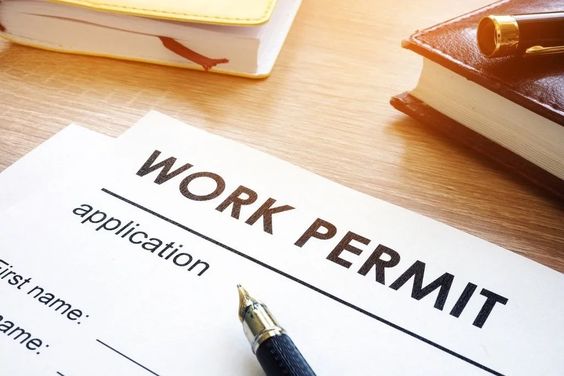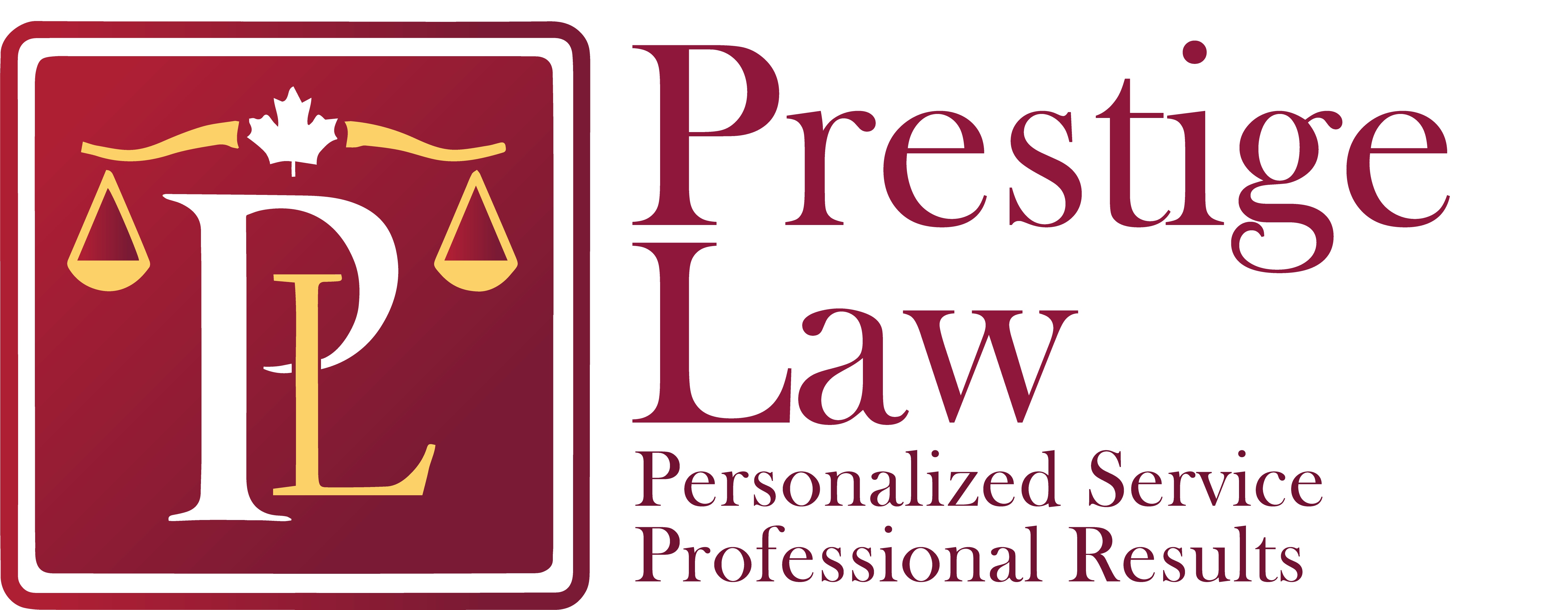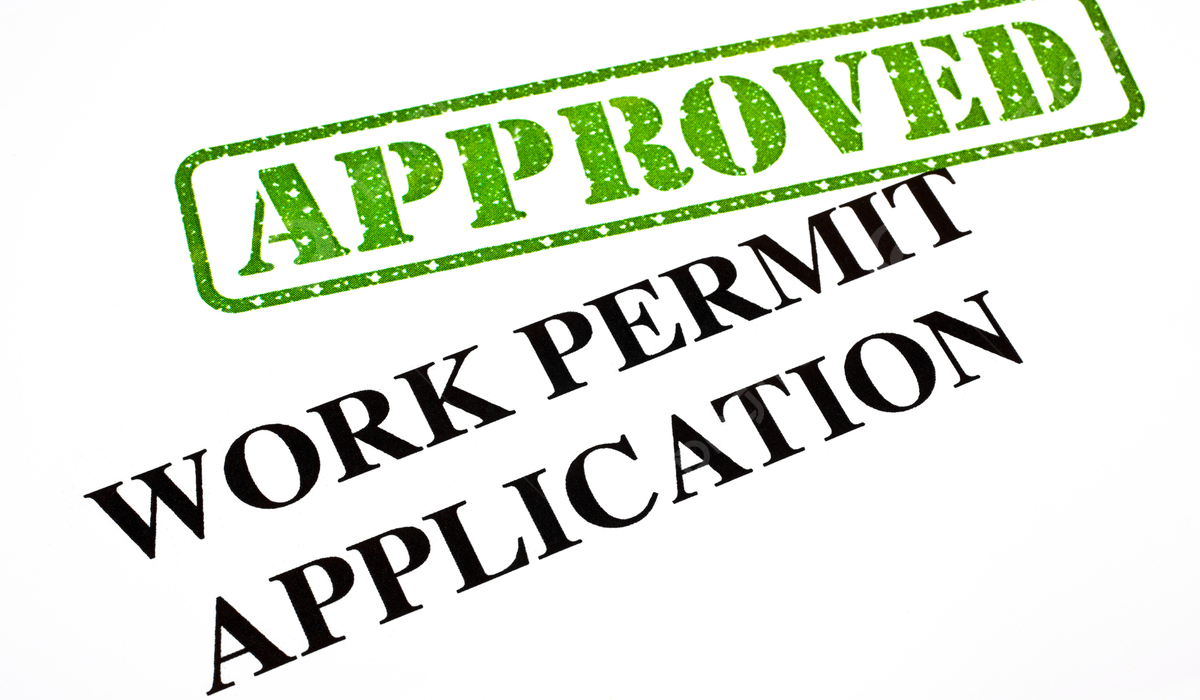7 Essential Facts About LMIA-Exempt Work Permits for Skilled Workers in Canada
LMIA-Exempt Work Permits
What is an LMIA-Exempt Work Permit? An LMIA-exempt work permit allows foreign workers to work in Canada without the need for a Labour Market Impact Assessment (LMIA). This type of Canadian work permit is beneficial for skilled workers, as it streamlines the application process and enables quicker entry into the Canadian workforce. The LMIA process typically requires employers to demonstrate that hiring a foreign worker will not negatively impact the Canadian job market, which can be time-consuming and burdensome.

Who Qualifies for an LMIA-Exempt Work Permit? Not all foreign workers are eligible for LMIA-exempt work permits. Generally, skilled workers who meet specific criteria can qualify, including:
- International Agreements: Workers from countries with which Canada has trade agreements, such as the United States and Mexico under the USMCA (formerly NAFTA).
- Intra-Company Transfers: Employees of multinational companies being transferred to Canadian branches.
- Significant Benefit to Canada: Individuals whose employment will provide significant benefits to Canadian culture, economic, or social interests.
Understanding these eligibility criteria is crucial for anyone looking to secure a Canadian work permit.
Key Benefits of LMIA-Exempt Work Permits One of the main advantages of an LMIA-exempt work permit is the elimination of the lengthy LMIA process. Here are additional benefits:
- Faster Processing Times: Skilled workers can typically receive their work permits more quickly, allowing them to start their jobs sooner.
- Enhanced Job Opportunities: By not requiring an LMIA, foreign workers can explore more employment opportunities across various sectors in Canada.
- Flexibility: LMIA-exempt work permits may allow for greater flexibility in job roles and locations, depending on the specific permit type.
Types of LMIA Exemptions There are several types of LMIA exemptions based on various factors, including:
- International Trade Agreements: These include provisions for professionals and tradespeople from member countries.
- Academic Work: Certain academic positions, including visiting professors and researchers, may qualify for LMIA exemptions.
- Charitable and Religious Workers: Individuals working for recognized charities or religious organizations may also be exempt from the LMIA requirement.
Understanding these exemptions can help foreign workers identify the best pathway to obtaining their Canadian work permit.
How to Apply for an LMIA-Exempt Work Permit Applying for an LMIA-exempt work permit involves several steps:
- Gather Required Documents: This typically includes proof of employment, educational credentials, and identification documents.
- Complete the Application: Applicants must fill out the appropriate forms, providing detailed information about their employment and qualifications.
- Submit the Application: Applications can be submitted online or through a paper application, depending on the type of work permit being applied for.
It’s crucial for skilled workers to ensure that all information is accurate and complete to avoid delays in processing their Canadian work permit.



Common Challenges Faced by Foreign Workers While LMIA-exempt work permits offer numerous benefits, there can be challenges:
- Document Requirements: Skilled workers may struggle to gather all necessary documentation, which can vary based on the nature of their work and country of origin.
- Understanding Eligibility: Many foreign workers may not fully understand the specific criteria for LMIA exemptions, leading to confusion and potential application rejections.
- Processing Delays: Although LMIA-exempt work permits typically have faster processing times, external factors such as increased applications can lead to delays.
Being aware of these challenges can help in preparing a more robust application for a Canadian work permit.
The Importance of Professional Guidance Given the complexities of the application process, foreign workers seeking an LMIA-exempt work permit should consider professional legal guidance. Immigration consultants and lawyers can provide valuable support by:
- Assessing Eligibility: Professionals can help foreign workers determine if they qualify for an LMIA exemption based on their unique circumstances.
- Preparing Applications: Expert guidance ensures that applications are filled out correctly and that all necessary documentation is included, reducing the risk of errors.
- Navigating Legal Challenges: If issues arise during the application process, having professional support can make a significant difference in resolving them efficiently.
Understanding LMIA-exempt work permits is crucial for skilled workers aiming to establish their careers in Canada. By familiarizing themselves with the application process, eligibility criteria, and benefits, foreign workers can better prepare for their journey. If you’re considering applying for a Canadian work permit, seeking professional advice can enhance your chances of success.
What is an LMIA-exempt work permit, and how is it different from a regular work permit?
LMIA-exempt work permit allows a foreign worker to work in Canada without the need for a Labour Market Impact Assessment (LMIA). Unlike regular work permits that require the LMIA process (where employers must prove no Canadian is available for the job), LMIA exemptions apply to certain workers under specific conditions, like international agreements or intra-company transfers. This exemption often speeds up the application process for skilled workers.
Who is eligible for an LMIA-exempt work permit?
Eligibility for LMIA exemptions is generally granted to foreign workers in categories like intra-company transferees, participants in international trade agreements (e.g., CUSMA/USMCA), certain academics and researchers, and individuals providing significant cultural or social benefit to Canada. Checking if your role or work purpose qualifies is crucial before applying.
How long does it take to process an LMIA-exempt work permit?
Processing times for LMIA-exempt work permits vary depending on factors like the applicant’s country of origin and current processing volumes. However, since there’s no need for an LMIA, LMIA-exempt permits are generally processed faster than permits requiring LMIA approval. Applicants can check current processing times on the Government of Canada’s immigration website.
Can I apply for permanent residency in Canada with an LMIA-exempt work permit?
Yes, LMIA-exempt work permit holders may be eligible to apply for permanent residency through various immigration programs. Some programs, like the Canadian Experience Class or Provincial Nominee Programs (PNPs), may allow LMIA-exempt workers to count their Canadian work experience toward PR eligibility. Consulting with an immigration advisor can help clarify pathways to permanent residency.







